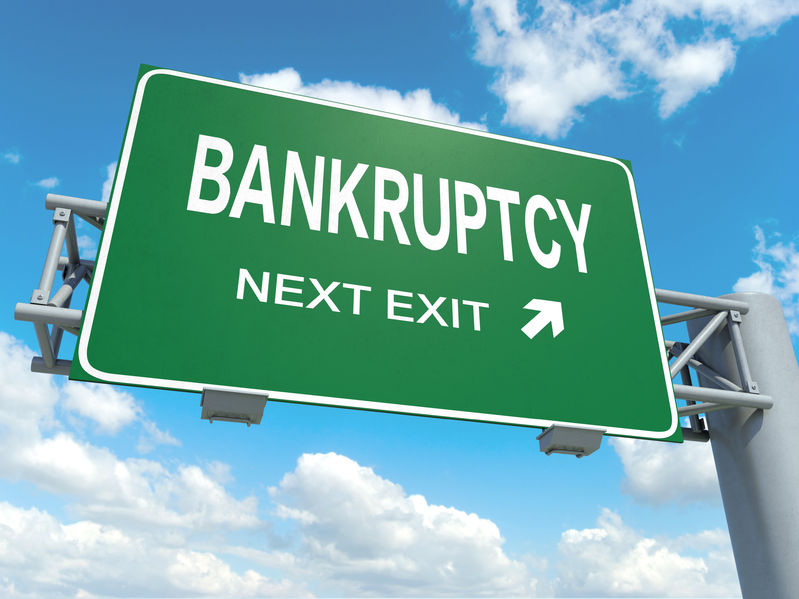We often get questions from clients facing financial hardship about the difference between Chapter 7 and Chapter 13 bankruptcy. Both options offer relief from overwhelming debt, but they work in very different ways. Knowing which type of bankruptcy best fits your situation is the first step toward taking back control of your financial future.
What Is Chapter 7 Bankruptcy?
Chapter 7 bankruptcy, often called “straight bankruptcy” or “liquidation,” is designed to quickly wipe out most types of unsecured debt, such as:
- Credit card balances
- Medical bills
- Personal loans
- Some past-due utility bills
In a Chapter 7 case, a court-appointed trustee may sell non-exempt assets to pay your creditors. However, most people who qualify for Chapter 7 bankruptcy keep all or most of their property through Oklahoma’s generous bankruptcy exemptions, including their home, car, clothing, and basic household goods.
This type of bankruptcy typically lasts 3 to 6 months from start to finish, making it a relatively fast way to get a fresh start. To qualify for Chapter 7, you must be able to pass a means test.
What Is Chapter 13 Bankruptcy?
Chapter 13 bankruptcy, also called a “wage earner’s plan,” is a reorganization of your debts. Instead of eliminating them right away, Chapter 13 sets up a 3- to 5-year repayment plan that allows you to pay back all or part of your debt over time based on your income. This is for those who have a consistent income and cannot pass a means test.
It’s often the better option if:
- You’re behind on your mortgage and want to stop foreclosure
- You owe taxes or child support
- You have valuable property that would be sold in Chapter 7
- You don’t qualify for Chapter 7 because your income is too high
Once your repayment plan is complete, the court will typically discharge any remaining eligible debt.
Which One Is Right for You?
The best choice depends on your goals, assets, and income:
- Choose Chapter 7 if you have limited income and mostly unsecured debt, and you want fast relief.
- Choose Chapter 13 if you need to stop foreclosure, catch up on missed payments, or protect assets that could be lost in a Chapter 7.
Keep in mind that not everyone qualifies for both. A means test will determine your eligibility for Chapter 7, based on your income and household size. If your income is too high, Chapter 13 may be your only option.
Creek County Bankruptcy Attorneys
If you’re struggling with debt and wondering whether Chapter 7 or Chapter 13 is right for you, our team at Creek County Attorneys can help. Call us at 918-209-3709 for a free and confidential consultation or ask a legal question here.

